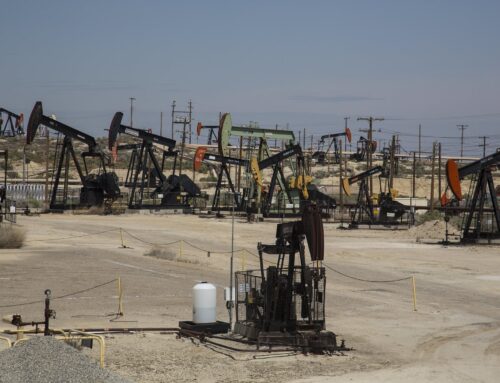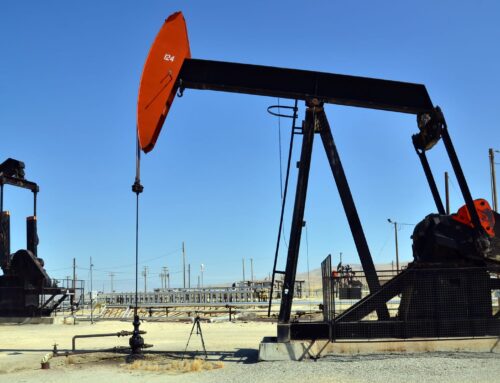On November 16, 2022, Taxpayers for Common Sense, the Western Organization of Resource Councils and the Natural Resources Defense Council submitted a petition to the Department of the Interior (DOI) and the Bureau of Land Management (BLM) urging the agency to update bonding requirements for federal onshore oil and gas leasing. Oil and gas bonding is a type of financial assurance operators submit before they start drilling on federal land to guarantee that they will plug their wells sites when production ceases. If an operator abandons its wells or goes bankrupt, the bond will be forfeited to the Department of the Interior and used to cover the reclamation costs. However, current bond minimums have not been adjusted for inflation for over 60 years and are egregiously low compared to modern reclamation costs. When bond amounts are not sufficient to cover the full reclamation costs, taxpayers are forced to pick up the tab for cleanup.
Under the existing rules, operators can pay just $10,000 for a blanket bond covering all their wells on a single lease, $25,000 for a statewide blanket bond, or $150,000 for all wells nationwide. Current reclamation costs can range from $20,000 to $145,000 for a single well. According to the Government Accountability Office, the average value of bonds held by the Bureau of Land Management in 2019 was just over $2,000 per well, just 10 percent of the low-end cost of reclaiming a well.
“It is an objective fact that federal bonding for abandoned wells is a failure. The purpose of a bond is to protect communities and taxpayers from these liabilities, and obviously that isn’t happening,” said Taxpayers for Common Sense Vice President Autumn Hanna.
The petition urges prompt actions from agencies to modernize bonding requirements as the Department of the Interior has already announced more lease sales in 2023, opening more than 260,000 acres of federal lands for oil and gas development. Moving forward with more leasing without oil and gas bonding and reclamation reforms would saddle taxpayers with more financial and environmental liabilities down the road.
Now is the time for bonding reform to address the rising taxpayer, environmental, and health costs created by abandoned wells.










